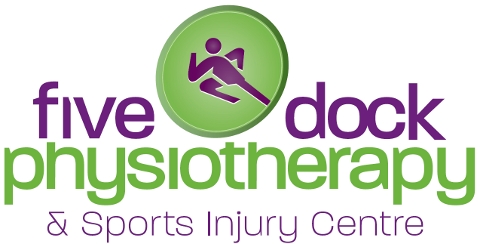


Neck Pain
70% of the population will experience neck pain at some point in their lives. Neck pain is often as a result of facet joint irritation, muscular dysfunction, joint hypomobility but may also be caused by cervical joint degeneration, disc pathology or nerve impingement....
Shoulder Dislocation
The shoulder joint is the most mobile joint in the body and is comprised of the articulation between the scapula, humerus and clavicle. Due to its high degree of mobility, the glenohumeral joint is the most commonly dislocated joint in the body accounting for 50% of...
Quadricep Tears
Your Quadricep Muscles are a group of muscles at the front of your thigh. Primarily these 4 muscles as a group extend your knee and ensure that your patella tracks correctly. The rectus femoris is the most superficial of the quadriceps muscles alongside the vastus...
